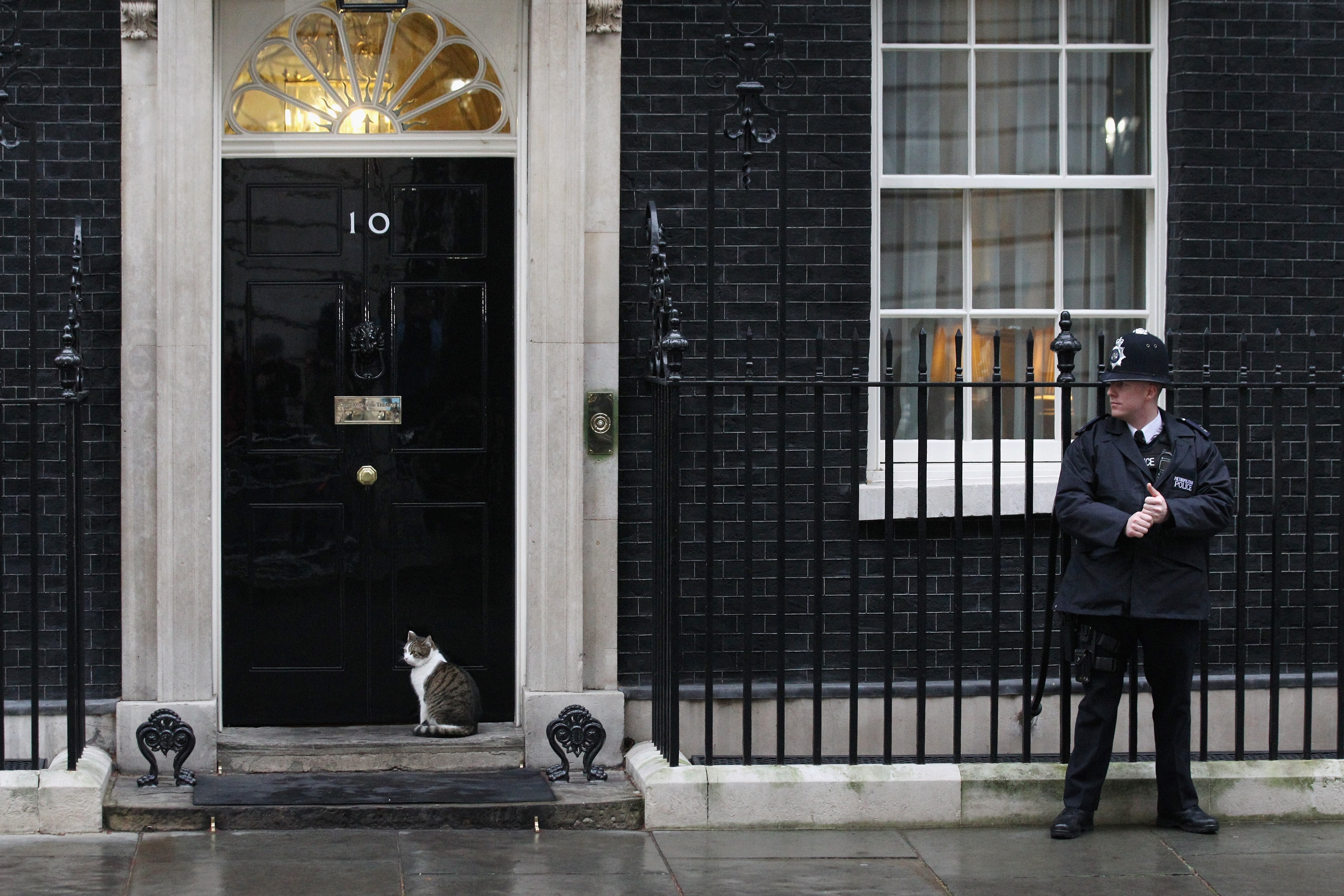With every week that goes by, the more likely it is that the next election could result in a stalemate with neither Labour nor the Tories able to put together a deal that gives them a majority in the Commons. One Downing Street source, who has crunched the numbers, predicted to me last week that, because of what is going on in Scotland, the Tories will be the largest party on 280-odd seats.
But if the Tories have only 280-odd seats, even deals with both the Liberal Democrats and the Democratic Unionists wouldn’t give them a majority. But Labour wouldn’t be able to stich one together either. For, as I report in the Mail on Sunday, the Lib Dem leadership would not put Ed Miliband into Downing Street if he came second in terms of seats and votes. They believe that so much of the campaign will be about Miliband’s suitability for the job that they couldn’t turn round and make him Prime Minister after the electorate had decided not to.
This means that even if Labour did a deal with the SNP, who will not want a second UK election before the Scottish Parliament elections in 2016, it wouldn’t be able to command a majority in the Commons.
Now, the Tories believe that they can turn this potential gridlock to their advantage—hence their campaign message that the choice at the election is between competence and chaos. But, at the moment, we heading for a period where no one can really govern Britain.
PS A shameless plug, if you’re interested in this question do come to The Spectator’s discussion on whether the era of stable government is over on the 23rd of March with Matthew Parris, Jeremy Browne MP, Cameron’s old Oxford tutor Vernon Bogdanor, Matthew Goodwin, and myself. The event will be chaired by Andrew Neil.








Comments